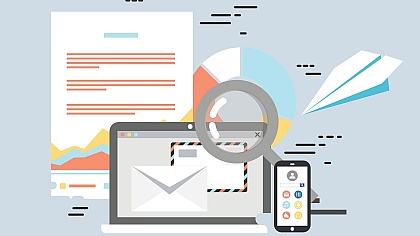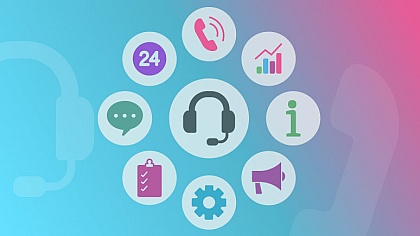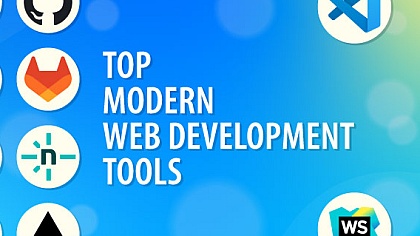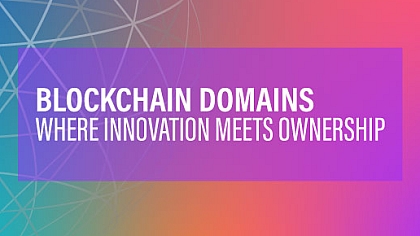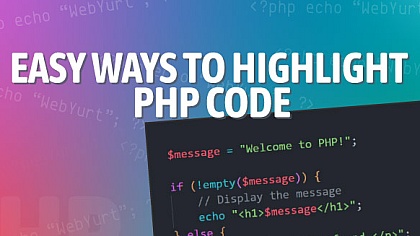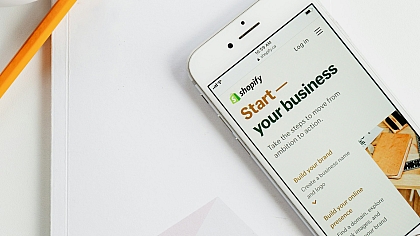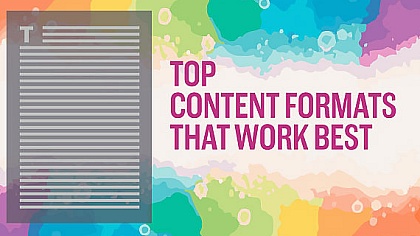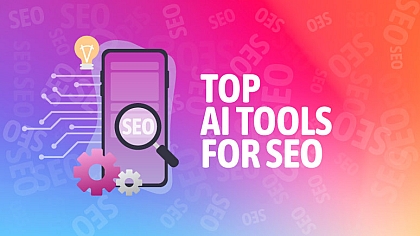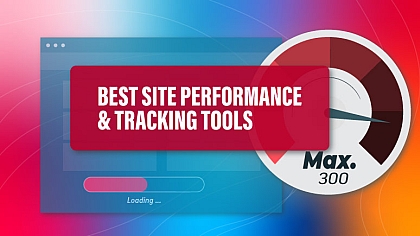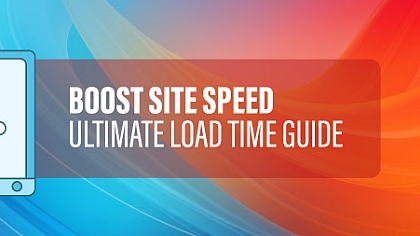
Internet Marketing for Beginner Entrepreneurs: How to Design a Successful Campaign?
Imagine travelling to some country for the first time. Let’s imagine that country is far away from the one you live in and let the market be completely separate from yours. At some point, you’d surely get thirsty. Let’s assume that you haven’t researched this country enough in advance and you don’t know whether it’s safe to drink tap water or not. Naturally, you’d go to the store, right?
In larger markets in your country, there are usually shelves behind glass doors filled with water bottles of various shapes. You’ve developed some taste and affection for a certain brand there, so you’ll probably always reach out for it. However, how will you choose from a shelf behind a glass door on which you don’t recognise any brand?
Most of the modern world aspires to a free market. The free market creates such glass doors with water, colourful glass doors with fruit juices, and black walls with colas… and creates a problem for producers. How to stand out? How can they convince you to try their brand before the others?
In our example, you already have a built-in taste. No matter how many verbal wars it produces, some people make or think they make a difference between different brands of water. This speaks to an important thing.
For long-term goals, the quality of your product is more important. However, for these goals to start to be achieved, for people to try your company’s product at all, what’s necessary is - marketing.
Mo’ Money Mo’ Music
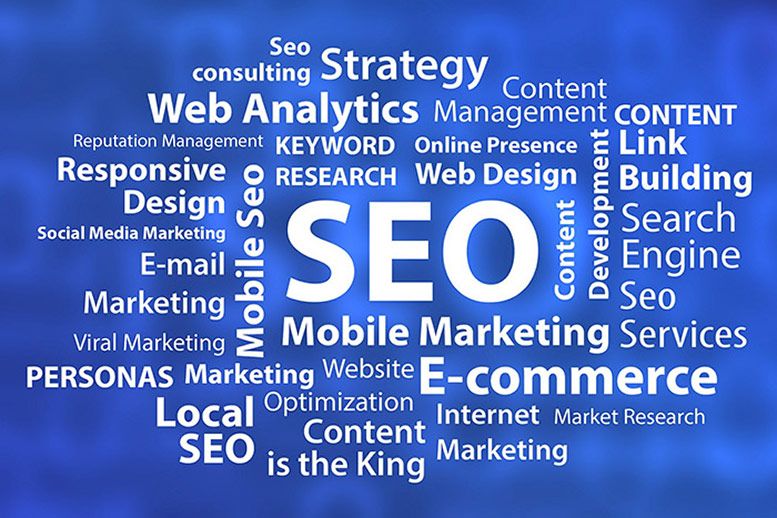
This title (in or without slang) has been largely accurate throughout the history of marketing. Just as a computer can replace a symphony orchestra today, the cost of successful advertising is reduced. Of course, it’s still necessary to buy the mentioned computer and the necessary software.
If you purchase more media space and time, if you cover a larger number of communication channels, if your company’s advertising seems more expensive and better – you’ll reach a larger number of your target group. This, of course, translates directly into profit. Until recently, these investments were in TV commercials, billboards, radio spots, and newspaper leases - and demanded to be huge.
Big companies can give that huge amount of money for advertising and that’s why a negligibly small number of people on the planet drink colas other than Coca-Cola and Pepsi. Small businesses have small resources, and therefore little opportunity for promotion, little reach to target groups, and ultimately lower profits.
This is where the Internet comes into play. Everyone already knows, or at least guesses, how much more profitable advertising through it is compared to traditional channels. This is confirmed by Internet entrepreneurs and digital marketing experts.
Try to find out how much it costs to broadcast five minutes of video on television and compare it with some content that’s on YouTube and is watched only by relevant people, your potential customers. The difference is a million times. What’s important for small businesses is that Internet marketing shifts the focus from finance to creativity and knowledge.
When a budget is lacking, creativity and perseverance come into play. The Internet provides the opportunity to have free content distribution, and it will, if it’s good, find its way to the audience.
Experts advise entrepreneurs to find the channels on which their audience is located. Some have an audience on LinkedIn, some on YT, some on Instagram or FB, and some are on all of these channels. Currently, the channels on which free access (content distribution) can be achieved are LinkedIn and YouTube.
Finally, a website as a basis for Internet presence and Search Engine Optimisation (SEO) is something that gives good results and long-lasting visibility for your website. SEO companies help businesses navigate through the tricky process of search engine optimisation and fast-track SEO visibility.
To make sure you’ll fulfil Google-proposed SEO recommendations, secure purchasing a package from an SEO-friendly hosting company. What such a web host should provide you with for your website to stay in the “SEO zone” is items to prevent server errors and page timeouts. MySQL hosting type is the one you can rely on when it comes to this, which will ultimately result in stopping users from bouncing back to Google.
The question is why all companies haven’t already completely switched to online advertising. And when will that happen?
There are, in essence, two reasons that suggest why this transition may never be complete:
Some entrepreneurs/businesses aren’t online yet, so they can only be accessed via traditional media. However, that number is declining from year to year.
This will forever be the only advantage of non-digital advertising - things that are “tangible” seem more realistic to people. Simply, when you get a piece of paper with a message on it, it will always have a different emotional effect, and this has been proven by experiments.
So, although digital marketing will have absolute primacy at some point, it will always be useful to supplement a digital campaign with some “tangible” things because it seems more realistic.
Greater Visibility and Precision
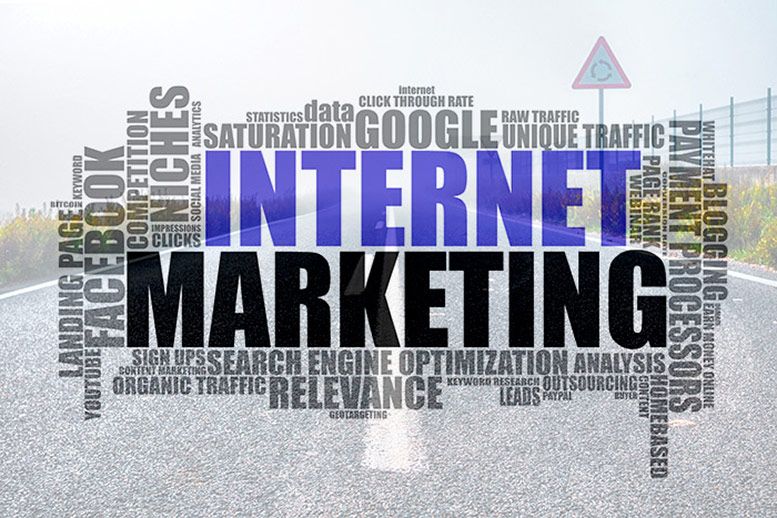
When you place a billboard on the main city square, it costs a lot, but everyone can see it. However, that isn’t a good thing per se. The announcement of the NBA league broadcast or the new mascara that combs each eyelash separately will only interest a part of passers-by who see it.
So, there are several problems with traditional advertising channels. One of them is throwing a “bucket of baits” to catch one fish. The second is the inability to find out which of these bait the fish bit and why exactly that bait. The third is, that if you don’t want to completely dive into the river, you can’t improve the bait to make it more attractive to other fish.
There are two main benefits of digital advertising:
Greater measurability. There’s a misconception that everything is measurable on the Internet, but it’s certainly more measurable than in traditional media. Digital advertising tools enable small businesses to measure the profitability of their campaigns relatively accurately by being able to determine which campaigns are giving them results and which aren’t.
We mean flexibility in the sense that you can easily change your campaigns if you find they don’t give the desired results. Yes, you can change the visual on a billboard, TV spot, or radio jingle, but it all requires a lot of money and a lot of time. On the Internet, you can change your campaigns in a few clicks and adjust them continuously.
Traditional channels increase the overall visibility of your product or company. On the other hand, digital increases your visibility only among people who are relevant to you.
One way to achieve this is through SEO. The idea is to “force” a search engine, primarily Google, to put you at the top of the list of results when someone searches for terms related to your business.
All SEO campaigns, whether they are done for small and medium enterprises or corporations, start from the analysis of the competition from the SEO perspective and then come to the research of keywords. Finally, on account of that data, there’s the optimization of the website and content on it. If the results still aren’t expected, the so-called off-site optimization (such as link building) is approached, as well as the production and promotion of content.
If we imagine you have some small business, let’s say sea fast food in a big city in your country, you probably want to make Google launch your restaurant first when someone types in “best seafood in (given city)”. However, sometimes you want to catch people who are “hangin’ out” on Facebook, Twitter, or Instagram and make them think: “I’m hungry for this seafood that popped up here.”
These rules are subject to frequent changes, as is everything else in SEO, but…
LinkedIn, for example, in addition to its primary purpose (helping people make business connections), is very practical for personal branding as well as for market research and competition.
Twitter and Instagram are there when you want to find influencers and get in touch with those who might be able to help you with promotion.
Pinterest is still a relatively decent source of website traffic in certain, visually more attractive niches.
Finally, today, Facebook is mainly used for promotional competitions or prize-giving, but also for a general increase in popularity, i.e. brand visibility.
How to Achieve a Successful Campaign?
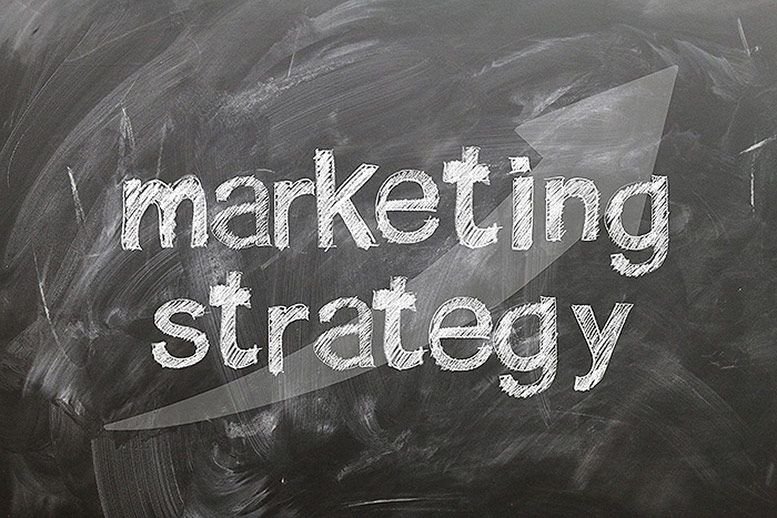
If you know what you’re doing and where to look, there are easily available tools that can help you create a successful SEO strategy. This leads to the main goal - improving the business. Here are some tips.
You can explore the habits and behaviours of targeted leads with keyword research, and build an appropriate strategy based on that information.
How many people search for products or services similar to yours on Google?
Which keywords do those who want to buy that product use, and which keywords do those whose interest doesn’t pay off for you use?
Which of these keywords can you rank well enough for, and for which the competition is so strong that it doesn’t pay off to race with them?
The answers to these questions clarify not only what tactics will be used to promote products or services, but also whether it pays off to try to attract new potential customers through this channel.
One of the rare advantages of traditional advertising channels is that you can’t bypass the billboard. As for the Internet - research shows that just over a quarter of the world’s users have some kind of protection against advertising. Such a drastic number inevitably led to the adaptation of advertisers. What has changed?
Marketing professionals are fighting with the help of content marketing. They simply create content that’s interesting to people. It doesn’t have to be “viral” in the true sense of the word but has to be interesting to certain people from a certain target group.
Anyone who isn’t involved in content marketing, and relies only on “pouring money” into advertising on some digital medium, should seriously think twice because it will very quickly become inefficient and unprofitable.
What’s content marketing at its core? Simply put, it’s the type of advertising that has a greater value than just drawing attention to the product. If you produce a carbonated drink, you can give a lot of money to make it appear on every possible website.
On the other hand, you can create a competition in hot pepper fast eating, which will be branded with your product and, as a reward, give the winner an annual stock of drinks - and publish videos from the competition on your website. Here, the product is even in the background, people come to see something interesting to them. So, with quality content, you make them fall in love with your brand and thus make a connection with them.
Maybe all people are created equal, but all types of content aren’t. What do people react best to? Every company today should become a small medium that has its content production – it’s best to be a video. There are perhaps 10 % of areas where textual content works better than video.
Even if you take one of the online digital marketing courses, almost half of all lessons will be focused on producing some content. If you only learn how to target people and optimise your budget, you won’t have any results again because, in the end, you need something to show those people.
So, if you don’t have a corner in your company’s premises today, where there’s a small studio with lighting for video shooting, then you are probably doing things wrong.
The Job Is Never Done
Without any intention to turn this into a self-help article, but like almost everything else in life, small businesses in Internet marketing need perseverance and constant work.
We can bet that almost no one will expect this as an answer but the biggest mistake people make is that they aren’t persistent. They expect instant results and create a last-minute approach to performing on the Internet. As a rule, this doesn’t give long-term results.
The smallest part of doing business for small entrepreneurs is making a campaign. In fact, after that comes the “hard work”. Campaigns require continuous monitoring, optimisation, and customisation. There are many different channels on which campaigns can and should be created, so there’s a lot of work to be done to optimise and improve them. The online campaign is never over.
So - Internet Marketing or Traditional Marketing?

Has Internet marketing become a more cost-effective and more efficient way to advertise small businesses than the traditional one? Experts in most cases agree that Internet marketing has an advantage, but an adjustment is needed.
The Internet is still by far the most cost-effective communication channel, which doesn’t mean that you shouldn’t experiment with other channels, especially if you aren’t residing in big cities. Local communities have local media whose prices are understandable and cost-effective.
We advise you to measure the performance of all your campaigns as much as possible and to focus on what brings results. The Internet itself is a broad term - is it an appearance on social networks, Google campaigns, mailing lists, rental of advertising space in online media, PR articles, etc.?
In cases where the Internet is a realistic option for your target group, always give it an absolute advantage in advertising. If your target audience uses the Internet frequently, be sure to choose Internet advertising. Not only because of the flexibility and measurability of the success of the campaigns themselves - both in terms of budget and the specific tactics you’ll use - but also because it allows you to precisely target your audience, which further reduces costs.
Also, although in some niches SEO hasn’t been a novelty or rarity for a long time, in other companies they might not have invested in this activity at all, which means that those who start first could easily and cheaply break into the first position in search results, and continue to invest part of the profits which it brought them to stay there.
Does Internet marketing finally give entrepreneurs a chance to fully take over their advertising? Well, depends on what. For the production of content, some in-house people should participate because they have a better insight into what’s happening in the company. A good option is for people from the company to work together with people from the agency. For Facebook and Google advertising management - this can be done solely by an agency.
Effective advertising of your company is a very important step for a successful business, and Internet marketing is a cheap and quality solution for small and medium enterprises.


